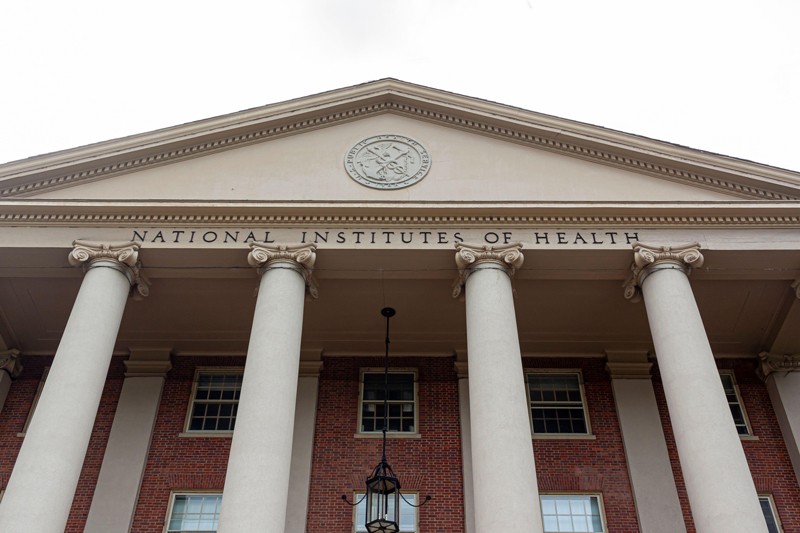In what has been described ‘seismic‘, the NIH’s (US National Institutes of Health) new data-sharing policy mandates that all researchers share their data. The NIH is the largest public funder of biomedical research in the world, and this shift could set a global standard for biomedical research.
In January 2023, the US National Institutes of Health (NIH) will begin requiring most of the 300,000 researchers and 2,500 institutions it funds annually to include a data-management plan in their grant applications — and to eventually make their data publicly available.
– Nature, 16 February 2022
This certainly is groundbreaking news in a research landscape that has seen a steady albeit slow progression toward more openness. Mark Hahnel, founder of Figshare, agrees that this is huge news. He urges the the academic community to not lose focus on potential benefits that open data can have “for reproducibility and efficiency in research, as well as the ability to move further and faster when it comes to knowledge advancement”.
The policy, which applies to research funded by or conducted by NIH that results in the generation of scientific data, establishes the requirements of submission of Data Management Plans (DMPs), and it also emphasises the importance of good data management (RDM) practices. This includes maximizing the appropriate sharing of scientific data generated from NIH-funded or conducted research, with justified limitations or exceptions.
There is no doubt that this policy will be felt globally, by researchers and academic institutions.
Read the full NIH Policy here.
Find out more about Research Data Management (RDM), Data Management Plans (DMPs) and see our useful DMP Resources and Tools.

